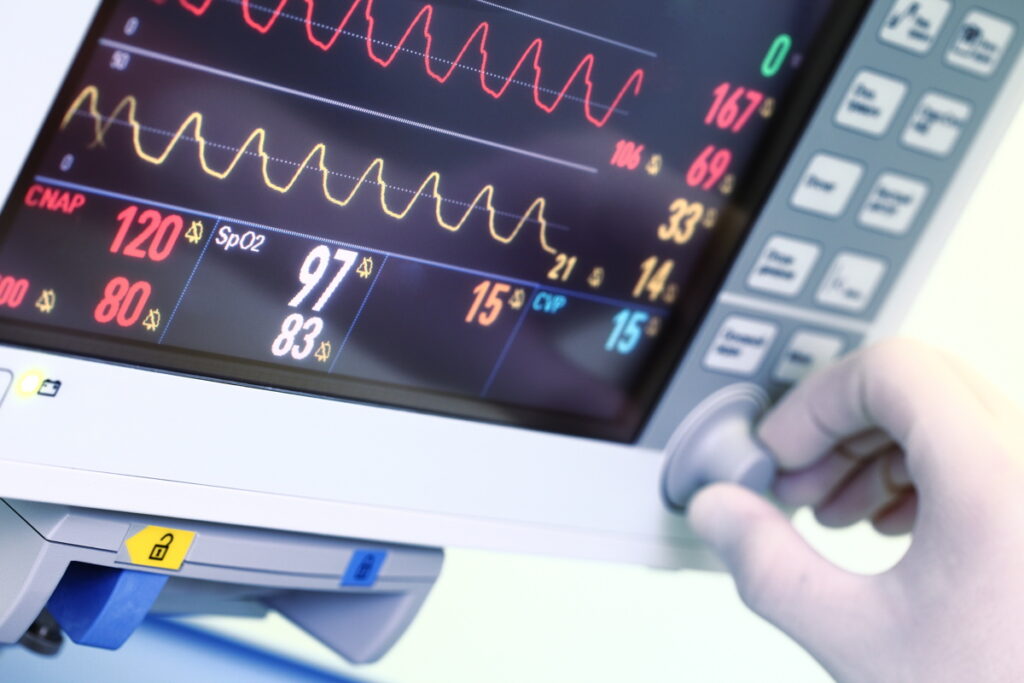PACE NONCREDIT COURSE:
EKG Technician Certification Online
Areas of Study
Course Type

If you're experiencing difficulties with self-enrollment, please contact us at pace@uno.edu..
A note on externships
CareerStep does not guarantee externships. A learner's placement in and completion of an externship is solely the learner's responsibility and may be subject to additional requirements, such as a background check and successful completion of a CareerStep course. This is particularly important for learners seeking to complete their externship in Alabama, District of Columbia, Indiana, Louisiana, Minnesota, Nebraska, Nevada, Pennsylvania, Tennessee, Texas, Washington, and Wyoming. Please note that Career Step will not sign agreements with sites in the above- referenced states or provide evidence of insurance to those sites.
